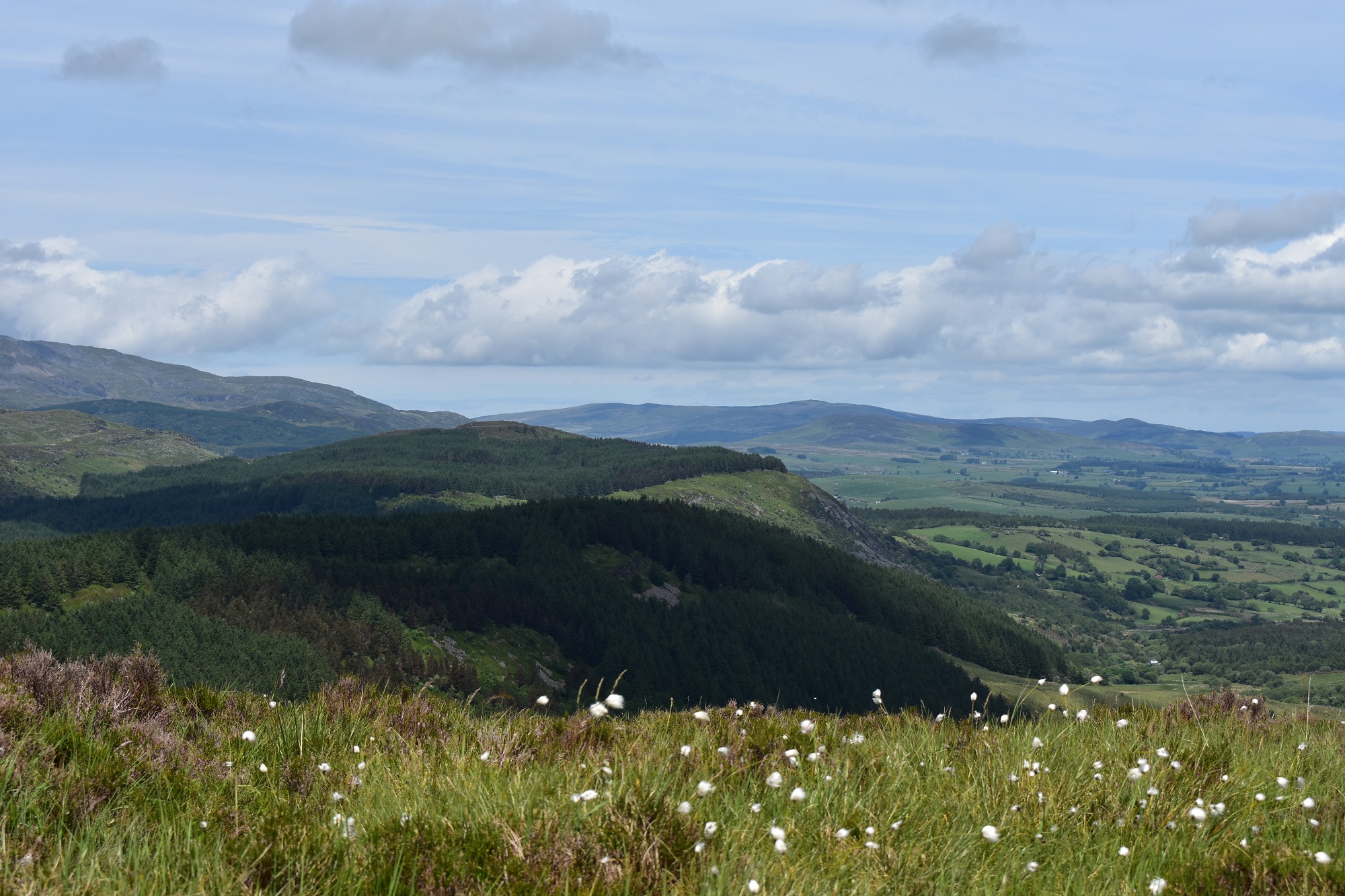 The conversation around food production and its impact on climate change has gained tremendous momentum. With the United Nations Food Systems Summit (UN FSS) fast approaching and the UK hosting the next major UN climate change summit, COP26, in Glasgow this November, the environment has rapidly returned to being one of the top challenges that we face.
The conversation around food production and its impact on climate change has gained tremendous momentum. With the United Nations Food Systems Summit (UN FSS) fast approaching and the UK hosting the next major UN climate change summit, COP26, in Glasgow this November, the environment has rapidly returned to being one of the top challenges that we face.
Addressing issues around climate change and food production, the Farmers’ Union of Wales (FUW) hosted a webinar at the virtual Royal Welsh Show to explore how food production and looking after the environment can and do go hand in hand, placing farmers firmly in a position to deliver sustainable development goals.
The event, which was chaired by FUW Deputy President Ian Rickman, heard from FUW Head of Policy Dr Nick Fenwick; Laura Ryan from the Global Meat Alliance; Hybu Cig Cymru-Meat Promotion Wales, Industry Development and Relations Manager, John Richards; Dairy UK Chief Executive Dr Judith Bryans and Snowdonia beef and sheep farmers FUW President Glyn Roberts and his daughter Beca Glyn.
Opening the webinar, FUW Deputy President Ian Rickman said: “For years the farming industry and our red meat and dairy produce have come under fire from every corner and camp conceivable. The narrative pushed by the anti-livestock lobby however has been steady and is gaining momentum. Decision makers at all government levels, from Welsh Government right up to the United Nations, are listening. And so are our consumers.”
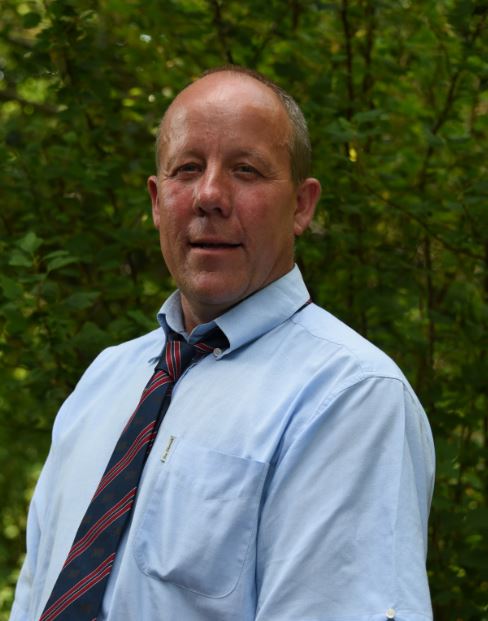
Dr Fenwick highlighted significant changes in livestock numbers, with sheep numbers having risen from around 4 million in the middle of the 20th Century to around 12 million in the late 1990s, before falling back to the current level of around 10 million or so.
Welsh cattle numbers had fallen from around 1.6 million in the mid 1970s to around 1.1 million today, while pig numbers had reduced dramatically from a peak of around 300,000 in the 1960s to just a few tens of thousands today.
“There has been the narrative for decades that the increase in sheep numbers has happened in mountainous regions and that was true for some areas at some times. But if you look at the figures, it’s actually a gross simplification of what’s happened. In vast areas of Wales, sheep numbers in the uplands are now far lower than they were about 100 years ago, for example in the Elan valley estate or on Pumlumon,” said Dr Fenwick.
 He highlighted that there was a major reduction in the area of Welsh land used for growing arable crops during the past 150 years, with data showing significant increases in livestock numbers in non-mountainous regions of Wales as arable land was moved over to grass production.
He highlighted that there was a major reduction in the area of Welsh land used for growing arable crops during the past 150 years, with data showing significant increases in livestock numbers in non-mountainous regions of Wales as arable land was moved over to grass production.
For example, between 1867 and 2017 the area of Wales on which crops were grown fell from around 300,000 hectares to just 93,000 hectares - a two thirds reduction.
“However, we have also seen a big increase in woodland in Wales. Since 1905, the area of Welsh woodland has increased by around 250%. That increase however has been concentrated in certain areas, with devastating environmental, social and economic impacts,” he told the audience.
Today many different proposals have been put forward by political parties to increase woodland in Wales. Plaid Cymru want to see the total woodland area increased to over 600,000 hectares by 2050, Welsh Labour to almost 500,000 hectares and the Conservative party would like to see woodlands extend to around 450,000 hectares based on typical tree planting densities.
“That pressure of course is primarily coming from the conversation around climate change. We of course agree with measures to mitigate climate change, the question is how you do that. As an industry we have to be realistic and make sure that it’s the right tree in the right place,” he said.
These aspirations, added Dr Fenwick, also put pressure on livestock numbers when we consider private tree planting and carbon trading, alongside misguided environmental pressures such as encouraging continued destocking of upland areas when undergrazing is known to be a major problem. Further challenges include trade deals, proposed or agreed, with Australia, New Zealand and Canada, a loss of direct farm support and the purely environmentally focused public goods scheme. Increasing regulation such as the all-Wales NVZ designation coupled with domestic pressure to grow more arable and horticultural crops and the anti-meat campaigns based on numerous claims and national and international targets add to the challenges we face.
However, it’s not just destocking and tree-planting ambitions that are causing problems for the agricultural sector. “We have a fragmented global meat industry. We all want to represent our farmers and growers but while we’ve been busy doing that, the anti-meat lobby has become very well coordinated. They have a single global narrative that has left the meat industry really wanting,” said Laura Ryan from the Global Meat Alliance.
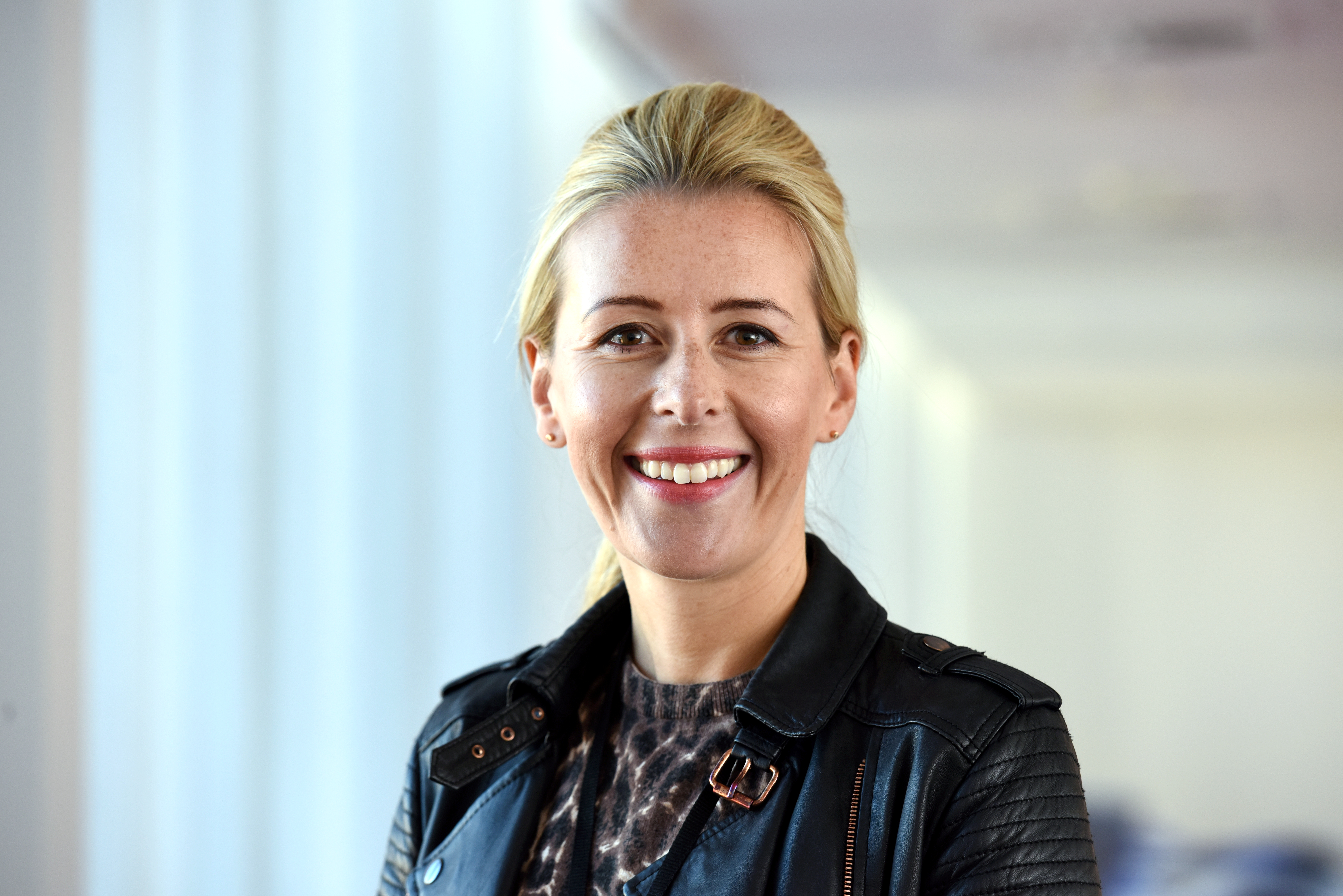 There is undoubtedly a place for differentiation and country of origin rules, added Laura Ryan, but consumers are confused and don’t necessarily understand that differentiation.
There is undoubtedly a place for differentiation and country of origin rules, added Laura Ryan, but consumers are confused and don’t necessarily understand that differentiation.
“We have an urban focussed UK Government , we see that in the press on a regular basis. We have to make sure that we’re coming together with other governments around the world who are more focussed on livestock production. We need to work together, have that baseline of the same messages and showcase the meat sector, showing that consuming meat is a good and important thing to do,” she added.
Helping the red meat sector in Wales address the sustainability challenges is Hybu Cig Cymru-Meat Promotion Wales (HCC), which last year launched the ‘The Welsh Way’ report. HCC’s Industry Development and Relations Manager, John Richards said: “We get caught in this trap when people start talking about sustainability they start talking about greenhouse gasses straight away. Sustainability is much more than that. Agricultural sustainability, especially in rural areas, should be associated with economic sustainability. If a farm business isn’t sustainable it’s not profitable. It needs to be profitable if it’s going to be sustainable.
“There is also the cultural importance of agriculture - the language, the communities. Any rural community thrives when there’s a vibrant red meat and agricultural sector. There is a danger that when we only focus on one element we end up with unforeseen outcomes.”
Climate change, he added, is a challenge for all industries, including agriculture.
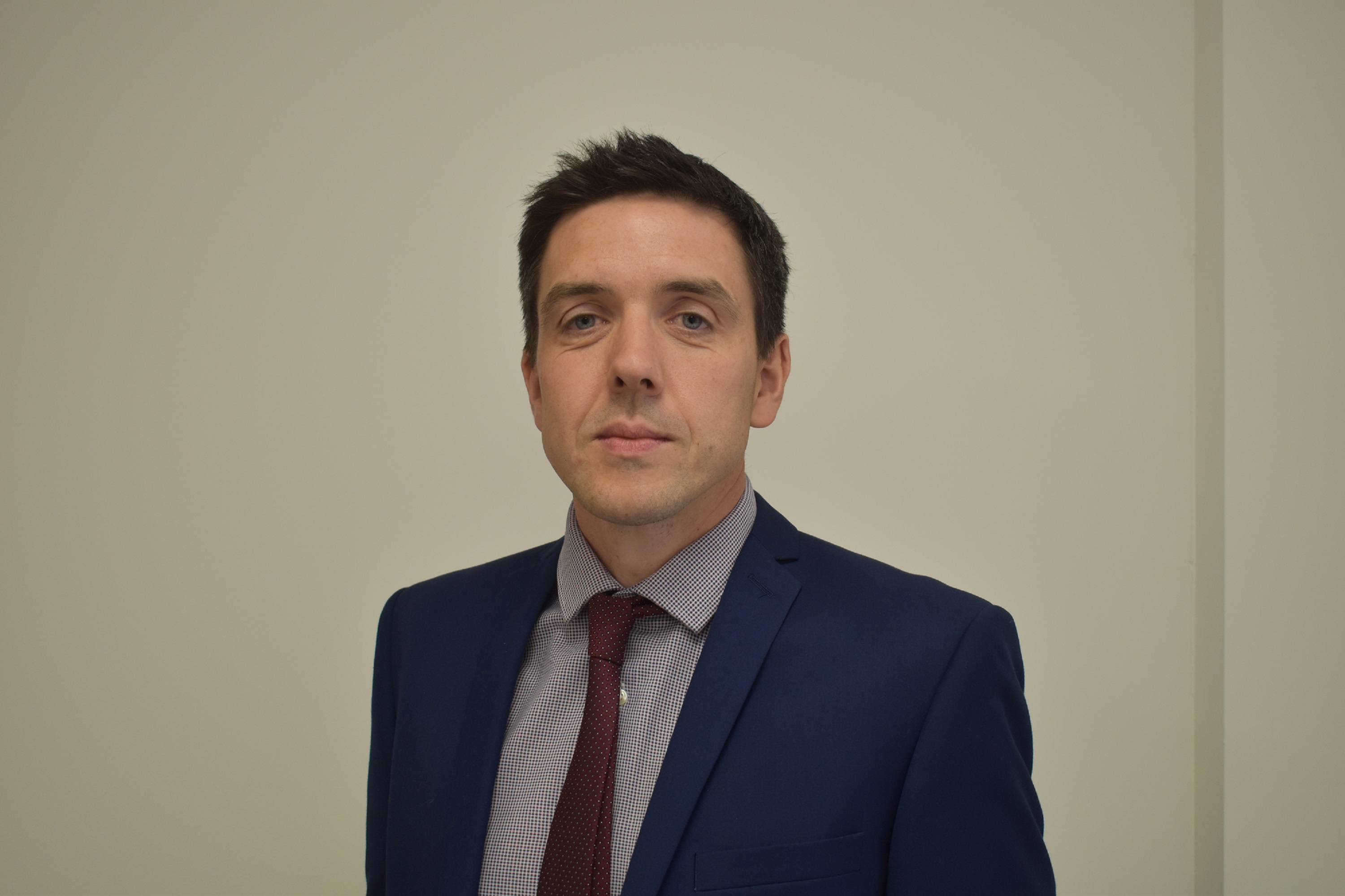 “There is no silver bullet, just a series of incremental changes and improvements. It’s important to look for new and innovative actions to support the industry in mitigating its overall emissions. Wales should prioritise efficiency measures which reduce emissions while maintaining production. A sustainable Welsh lamb and beef industry can have positive benefits in terms of soil health and biodiversity,” said John Richards.
“There is no silver bullet, just a series of incremental changes and improvements. It’s important to look for new and innovative actions to support the industry in mitigating its overall emissions. Wales should prioritise efficiency measures which reduce emissions while maintaining production. A sustainable Welsh lamb and beef industry can have positive benefits in terms of soil health and biodiversity,” said John Richards.
The dairy industry has also been making significant improvements in its effort to tackle climate change and provide sustainable, nutritious food. Dairy UK Chief Executive Dr Judith Bryans, said: “Without a shadow of a doubt, sustainability in all its facets, environmental, social and economic are top priorities for global policy makers, industries and citizens.
“The global dairy sector has been really active within the preparatory work for the United Nations Food Systems Summit and also the work that has been done in the run-up to COP26. Our aim has been to put forward the dairy story to inform and educate and to show what our role is in a sustainable future.”
Dr Bryans told the audience that the dairy industry is a billion strong community. Beyond that, she said, our dairy farmers take care of around 360 million cows and 20% of the world’s agricultural land.
“Much of that land could not be used to grow food for human consumption. But our dairy cows can eat on that land and they can transform things that are inedible for human beings into highly nutritious products like milk. In addition , our milk and dairy products rank amongst the top five traded agricultural commodities by value and volume, benefitting national and local economies,” she said.
The audience further heard that over 600 million people live on dairy farms globally, helping to support rural economies and in a world where gender equality still needs a lot of work, 37 million dairy farms worldwide are headed by women.
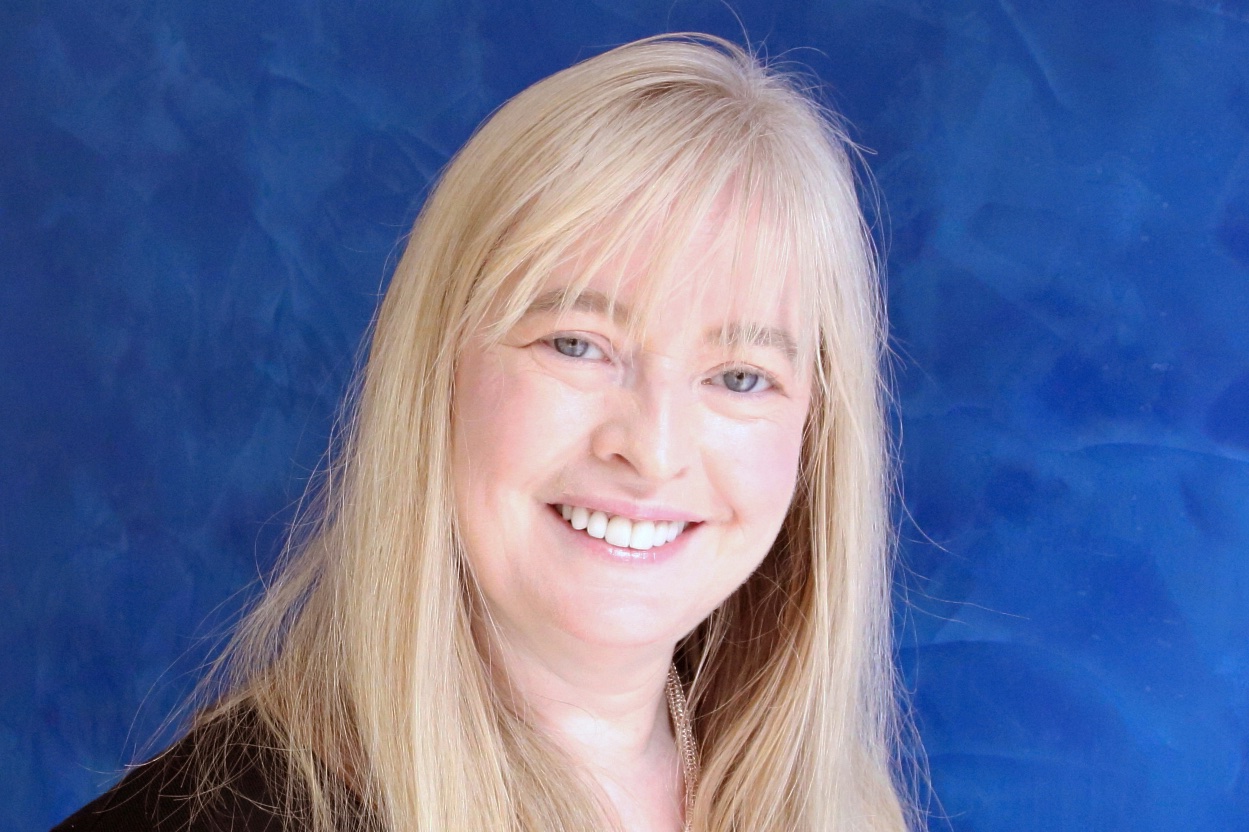 “The dairy sector really is important to help the world meet those sustainable development goals. We are an essential part of the solution. The key question for all of us is this; when the UK Government goes to the UN FSS and COP26 and makes commitments on behalf of all the four nations of the UK to the environment and to all of the pillars of sustainability, will they recognise the benefits of dairy and the dairy story?”
“The dairy sector really is important to help the world meet those sustainable development goals. We are an essential part of the solution. The key question for all of us is this; when the UK Government goes to the UN FSS and COP26 and makes commitments on behalf of all the four nations of the UK to the environment and to all of the pillars of sustainability, will they recognise the benefits of dairy and the dairy story?”
One of the challenges for the dairy sector, she added, is that policy makers and consumers don’t often see the good that dairy does for the environment and sustainability, because they’re surrounded by media throwing out misconceptions.
“Whether some of those misconceptions are genuine misconceptions or whether some of it is just wilful untruth is a matter of debate. But the impact is the same. There is no food being produced that doesn’t have an environmental impact but you have to balance such impacts and weigh the various pillars of sustainability.
“We are part of the sustainable solution. We can be part of future sustainable food systems and it’s tremendously important that our policy makers know that as a sector we’re there. We’re there for healthy people and we’re there for a healthy planet. We’re partners in delivering that for everybody,” she added.
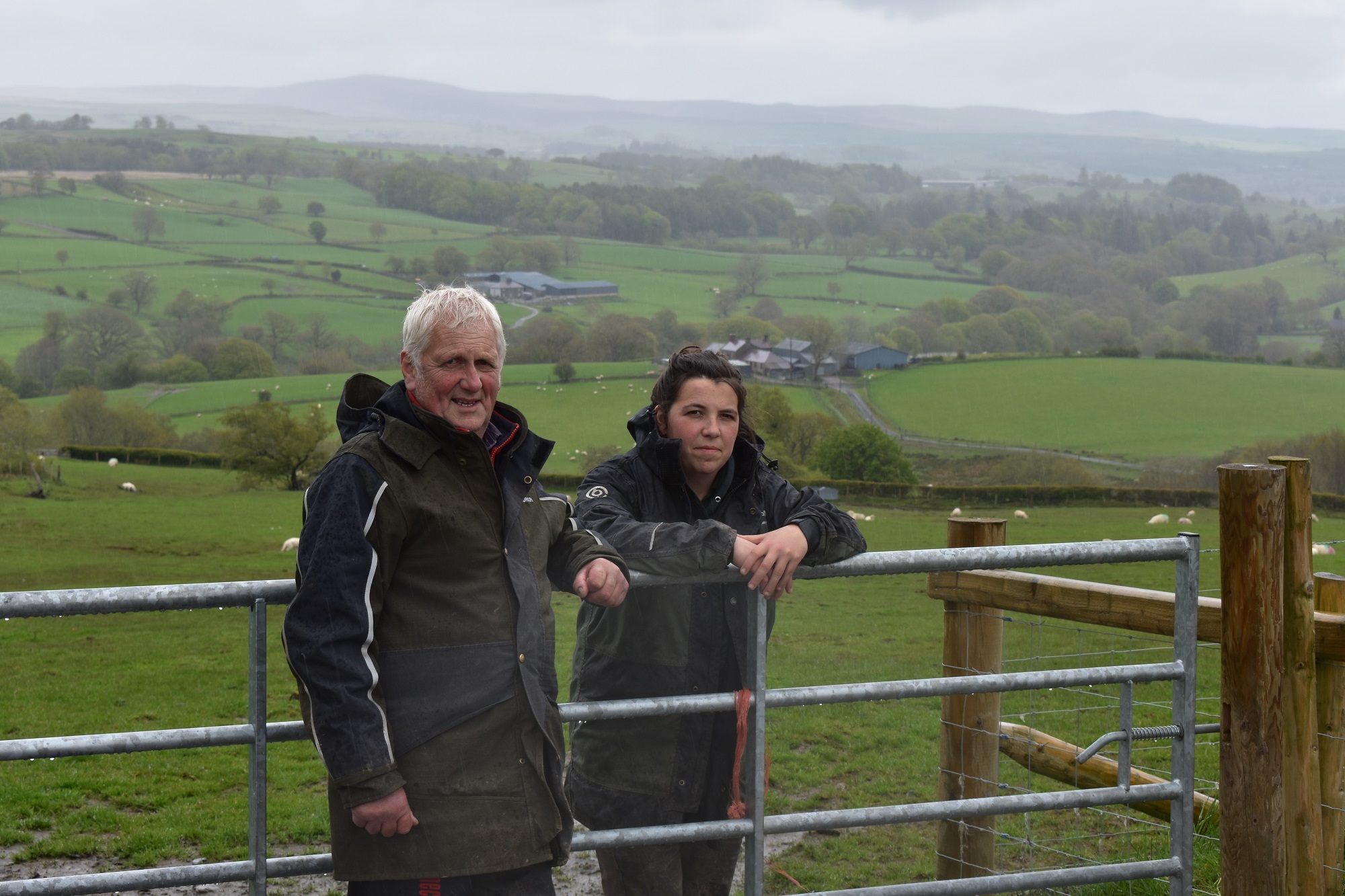 Concluding the webinar and outlining the work being done at their home farm, Dylasau Uchaf, were FUW President Glyn Roberts and his daughter Beca Glyn. They have been working with Bangor University and HCC on a carbon audit to establish where the business is doing well and where there is room for improvement when it comes to reducing carbon emissions. Glyn Roberts said: “We’ve had a carbon audit done here at the farm and taking some of the results into account we had to look at how and where we can improve the way we farm.
Concluding the webinar and outlining the work being done at their home farm, Dylasau Uchaf, were FUW President Glyn Roberts and his daughter Beca Glyn. They have been working with Bangor University and HCC on a carbon audit to establish where the business is doing well and where there is room for improvement when it comes to reducing carbon emissions. Glyn Roberts said: “We’ve had a carbon audit done here at the farm and taking some of the results into account we had to look at how and where we can improve the way we farm.
“The results from the audit show that the cattle are better than average in their carbon footprint for this type of farm and the sheep are performing at about average. It makes sense that we are better than average with the cattle because in the last five years we’ve changed the breed and nature of the cows we keep here.”
The responsibility of achieving better practises, producing sustainable food and looking after the environment, Beca said, remains with the farmer. “Every farm has the responsibility to know their carbon footprint and then work to reduce it. We’ve identified our carbon footprint so we know what's working well and what we need to work at to improve it. We’ve got a lot more positives in the agricultural industry than there are negatives. But we need to change, and a lot of farms will need to change to be more efficient when it comes to livestock farming and utilising grass.”
Concluding, she added: “As farmers we are not a threat with regards to global warming. We are the answer. Let us work together with the government, stakeholders and the public to reach mutual aims of reducing global warming for a better, cleaner and healthier future.”


